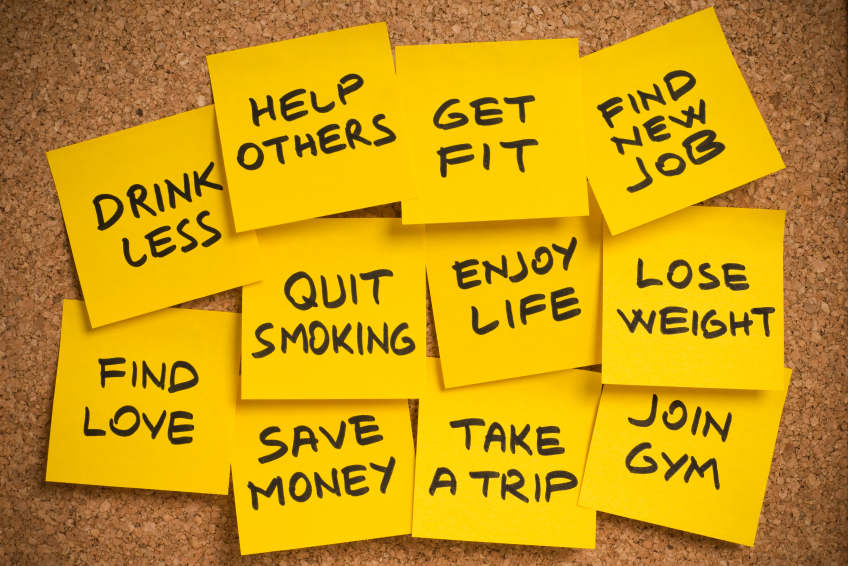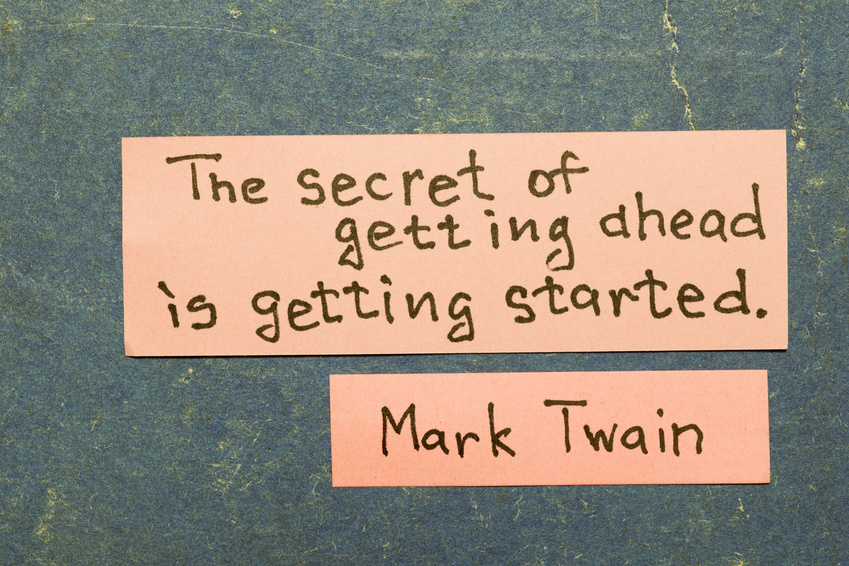Why New Year’s Resolutions Seldom Work and How they Can!
It’s that time of year again! We are all hopeful about what 2016 will bring, and we make our lofty resolutions. However, According to the University of Scranton, Journal of Clinical Psychology, (January 2014), only 8% of people who make New Year’s resolutions keep them.
I can’t even begin to tell you how many resolutions I have made and failed to keep. Any healthy eating, weight loss or workout resolutions came tumbling down at the first sign of my birthday celebration. Since mine is the 13th of January, I figured out quickly that unless I planned around roadblocks, I wouldn’t pass the 2-week mark!
Most of us make resolutions we really want to achieve around self-improvement, education, weight, money or relationships. We also have good intentions when we make these important promises to ourselves. However, there are some really good reasons why we are not successful in keeping these promises.
There are five main reasons most resolutions don’t work:
- We make too many of them at once. We get overwhelmed and sometimes our resolutions can be in conflict with each other.
- We don’t have a real reason for wanting to accomplish the resolutions—ie: Why do you want this? It may not mean much to you if you accomplish it or not.
- There isn’t a plan attached to the resolution. You have to have clear direction.
- Your resolution isn’t specific enough. You aren’t really sure how to get there if you aren’t clear on where you are going.
- Your resolutions are too grand to achieve without milestones. You don’t feel like you are progressing quickly enough. Unfortunately, we are living in an age of immediate gratification.
There is some good news though! If you really want to make big positive changes in the New Year, make real specific meaningful goals. We have a much better success rate in achieving planned well thought-out goals. So, turn your resolutions into goals and watch yourself succeed!
We all have dreams, visions and goals we want to accomplish in our lifetime. Setting and achieving lofty goals gives our lives direction, and brings us closer to our ideal lives. Getting clear about your goal is the most important step. Once you figure out how important your goal will be to you, the whole process becomes easier for you to plan, take action and stay motivated.
Here are some tips for setting your goals so that you will achieve the goals that are important to you.
Write Your Goal as a Positive Statement
Once you figure out which goals are truly important to you, they should be written as positive action statements. They should be worded in a way that motivates you just by saying them. State what you are going to do, not what you are going to stop doing. For instance, instead of saying “quit smoking,” say “live a smoke-free life.”
Make Your Goals SMART:
Your goal statement should also include the SMART (Specific, Measurable, Attainable, Relevant and Timely) criteria. Your goal statement should also include the SMART (Specific, Measurable, Attainable, Realistic and Timely) criteria.
Specific: Make the goal statement specific so there is no room for interpretation. What specifically do you want to achieve?
Measurable: Include tangible measurement criteria in your statement. This will help you manage your goal and track your progress.
Attainable: Make sure your goal is attainable. Keep the goal within reach. Set up milestones along the way. Make sure you have the skills and resources available to be successful.
Relevant: Your goal must be relevant. It has to be something that is meaningful to you. Do you really want to achieve it? If not, what does it matter whether or not you are successful? If it isn’t meaningful, you probably won’t follow through.
Timely: Finally, give yourself a realistic but challenging timeframe for completing your goal. Give yourself enough time to accomplish the goal, but still keep it challenging so you won’t get bored.
Once you are finished writing your SMART goal statement, display it prominently so you will see it everyday. Now, you are ready to develop your action plan. If you get off-track or derailed, don’t beat yourself up or feel guilty. Remember, today is a new day, and you will find your way.




